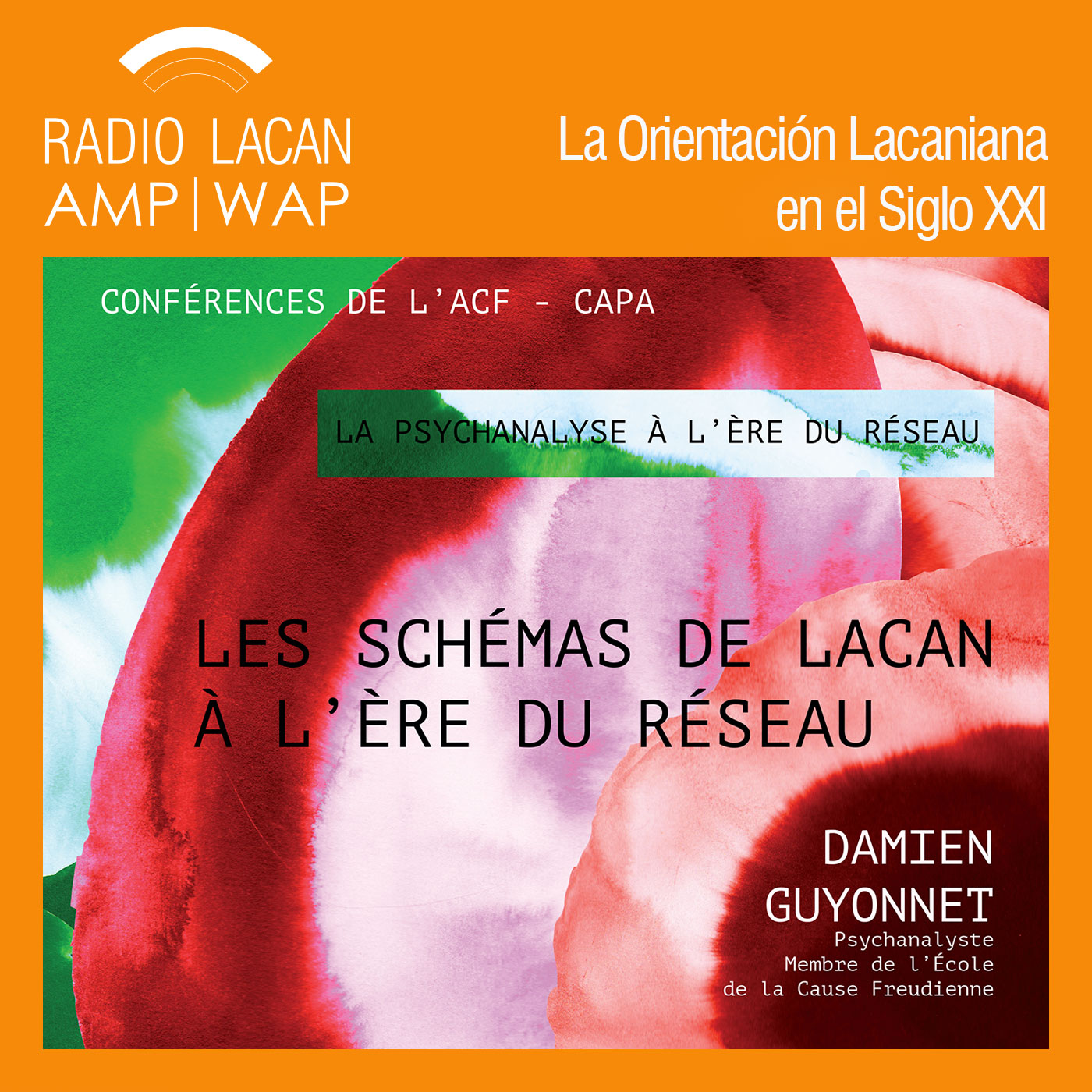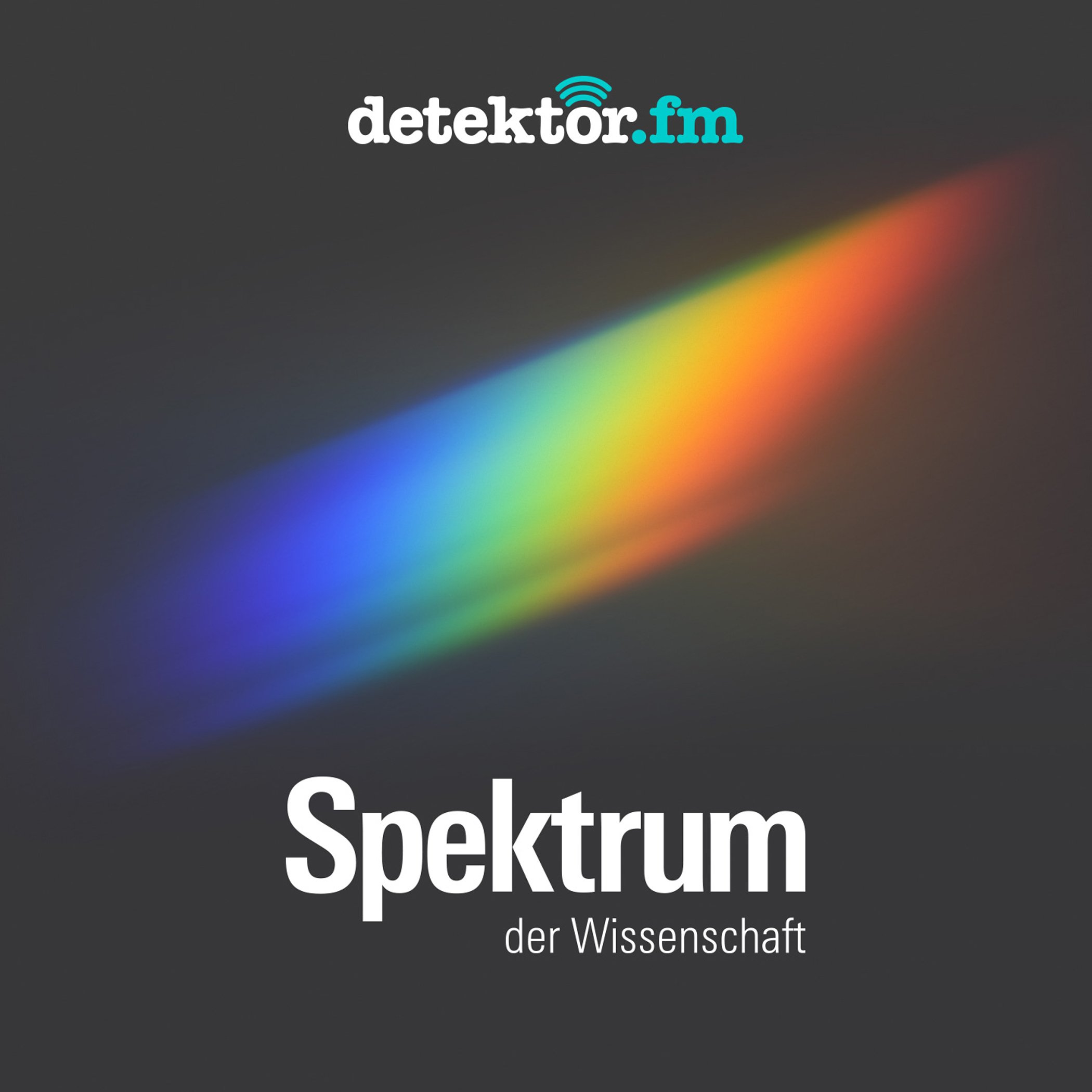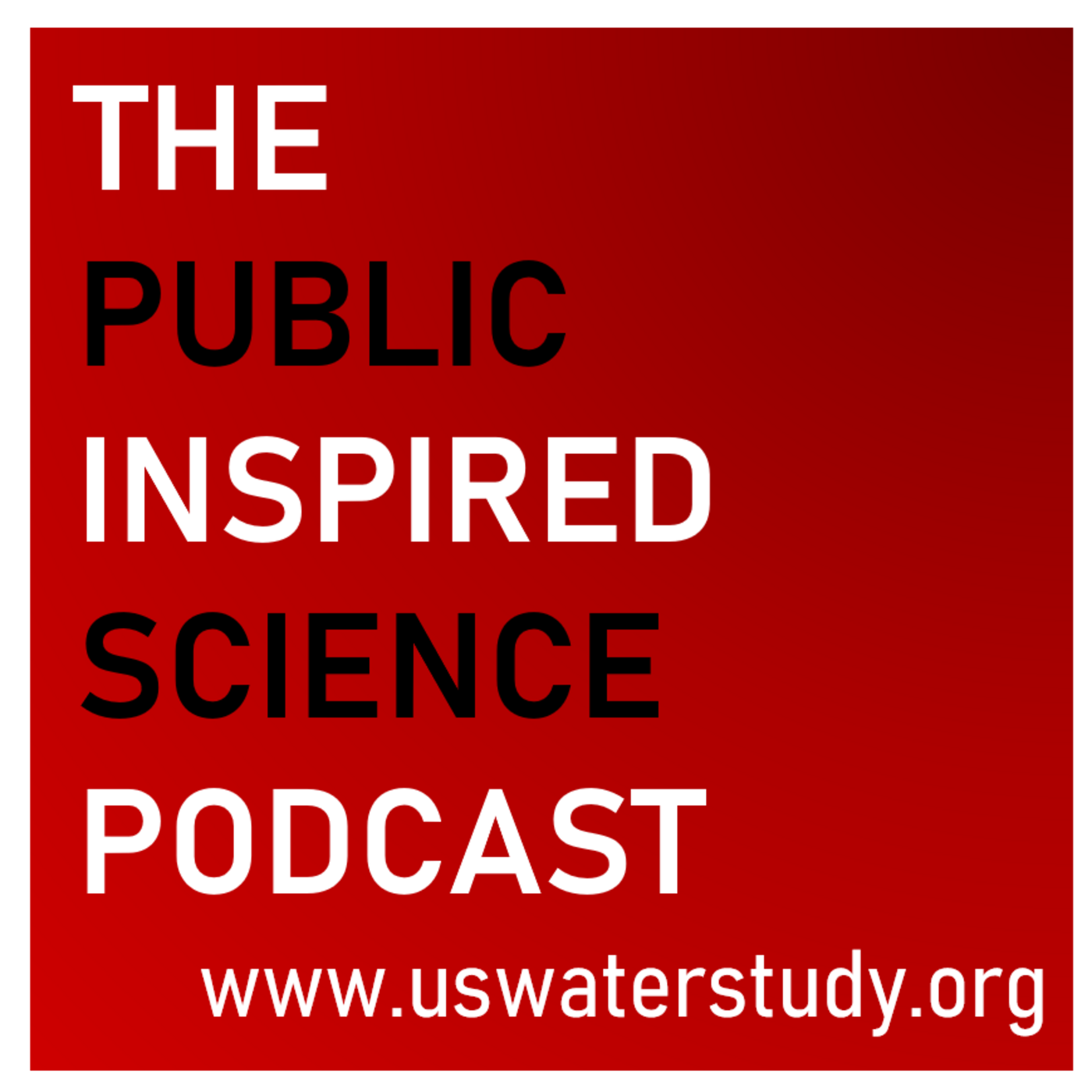 |
meet the meQuanics - Quantum Computing DiscussionsAuthor: meQuanics
meet the meQuanics is a regular podcast discussing the developments in quantum technologies. Targeted at the lay person, we will discuss the state of the art research in quantum enabled technologies with experts worldwide. Language: en Genres: Science Contact email: Get it Feed URL: Get it iTunes ID: Get it |
Listen Now...
meQuanics - QSI@UTS Seminar Series - S25 - Adrian Chapman (University of Sydney)
Episode 25
Friday, 1 April, 2022
During this time of lockdown, the centre for quantum software and information (QSI) at the University of Technology Sydney has launched an online seminar series. With talks once or twice a week from leading researchers in the field, meQuanics is supporting this series by mirroring the audio from each talk. I would encourage if you listen to this episode, to visit and subscribe to the UTS:QSI YouTube page to see each of these talks with the associated slides to help it make more sense. https://youtu.be/4KIXVQtR9Qw Free-Fermion Solutions and Frustration Graphs TITLE: Characterization of free-fermion-solvable spin models via graph invariants SPEAKER: Dr Adrian Chapman AFFILIATION: ARC Centre of Excellence for Engineered Quantum Systems (EQUS), University of Sydney, Australia HOSTED BY: A/Prof Chris Ferrie, UTS Centre for Quantum Software and Information ABSTRACT: Finding exact solutions to spin models is a fundamental problem of many-body physics. A workhorse technique for exact solution methods is mapping to an effective description by noninteracting fermions. The paradigmatic example of this is the Jordan-Wigner transformation for finding an exact solution to the one-dimensional XY model. Another important example is the exact free-fermion solution to the two-dimensional Kitaev honeycomb model. I will describe a framework for recognizing general models which can be solved this way by utilizing the tools of graph theory. Our construction relies on a connection to the graph-theoretic problem of recognizing line graphs, which has been solved optimally. A corollary of this result is a complete set of constant-sized frustration structures which obstruct a free-fermion solution. We classify the kinds of Pauli symmetries which can be present in models for which a free-fermion solution exists, and we find that they correspond to either: (i) gauge qubits, (ii) cycles on the free-fermion hopping graph, or (iii) the fermion parity. Clifford symmetries, except in finitely-many cases, must be symmetries of the free-fermion Hamiltonian itself. We expect our characterization to motivate a renewed exploration of free-fermion-solvable models, and I will close with an elaborate discussion of how we expect to generalize our framework beyond generator-to-generator mappings. RELATED ARTICLES: Characterization of solvable spin models via graph invariants. Quantum 4, 278 (2020). Characterization of solvable spin models via graph invariants: quantum-journal.org/papers/q-2020-06-04-278/ OTHER LINKS: Adrian Chapman Webpage: https://equs.org/users/adrian-chapman











